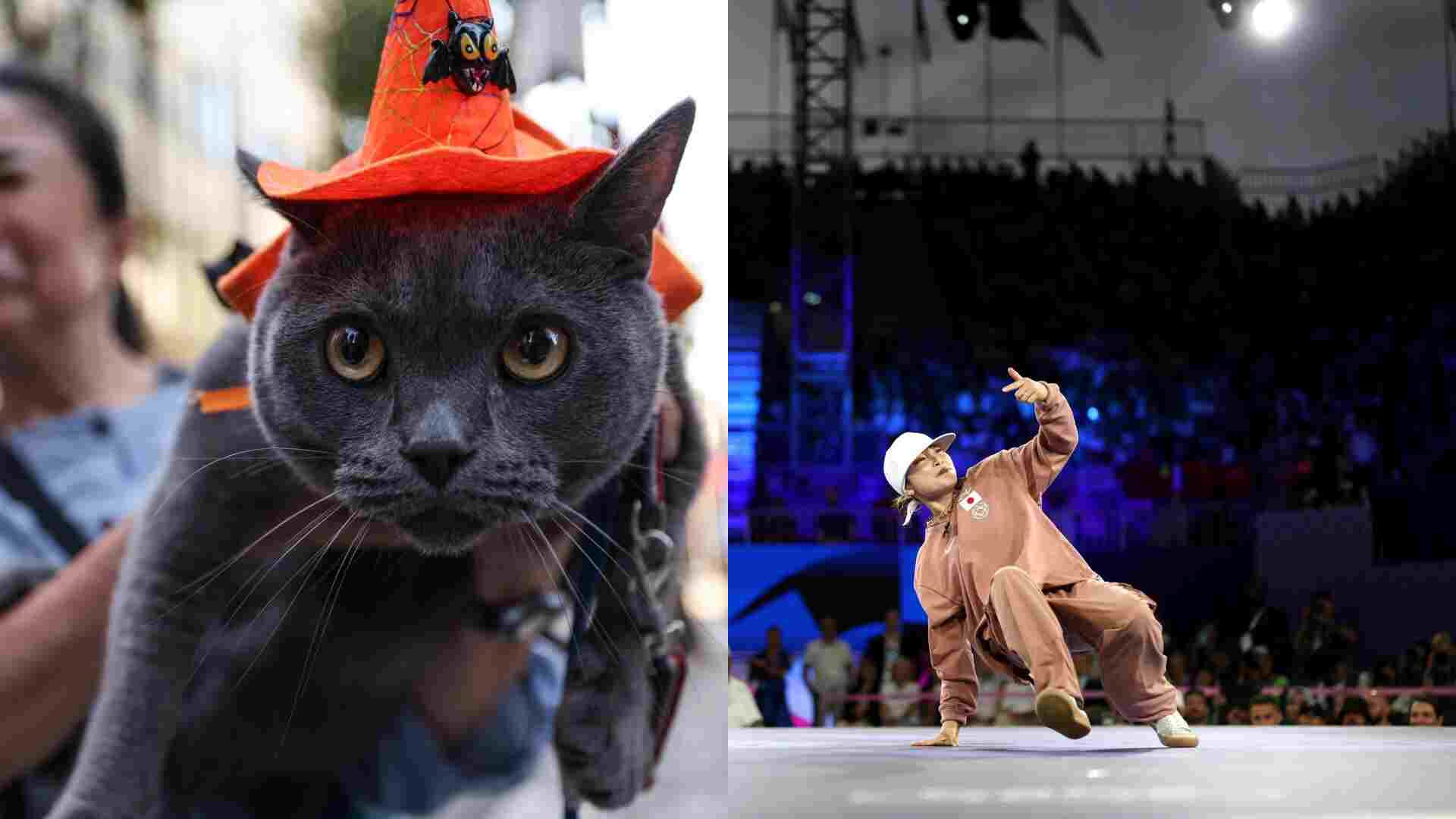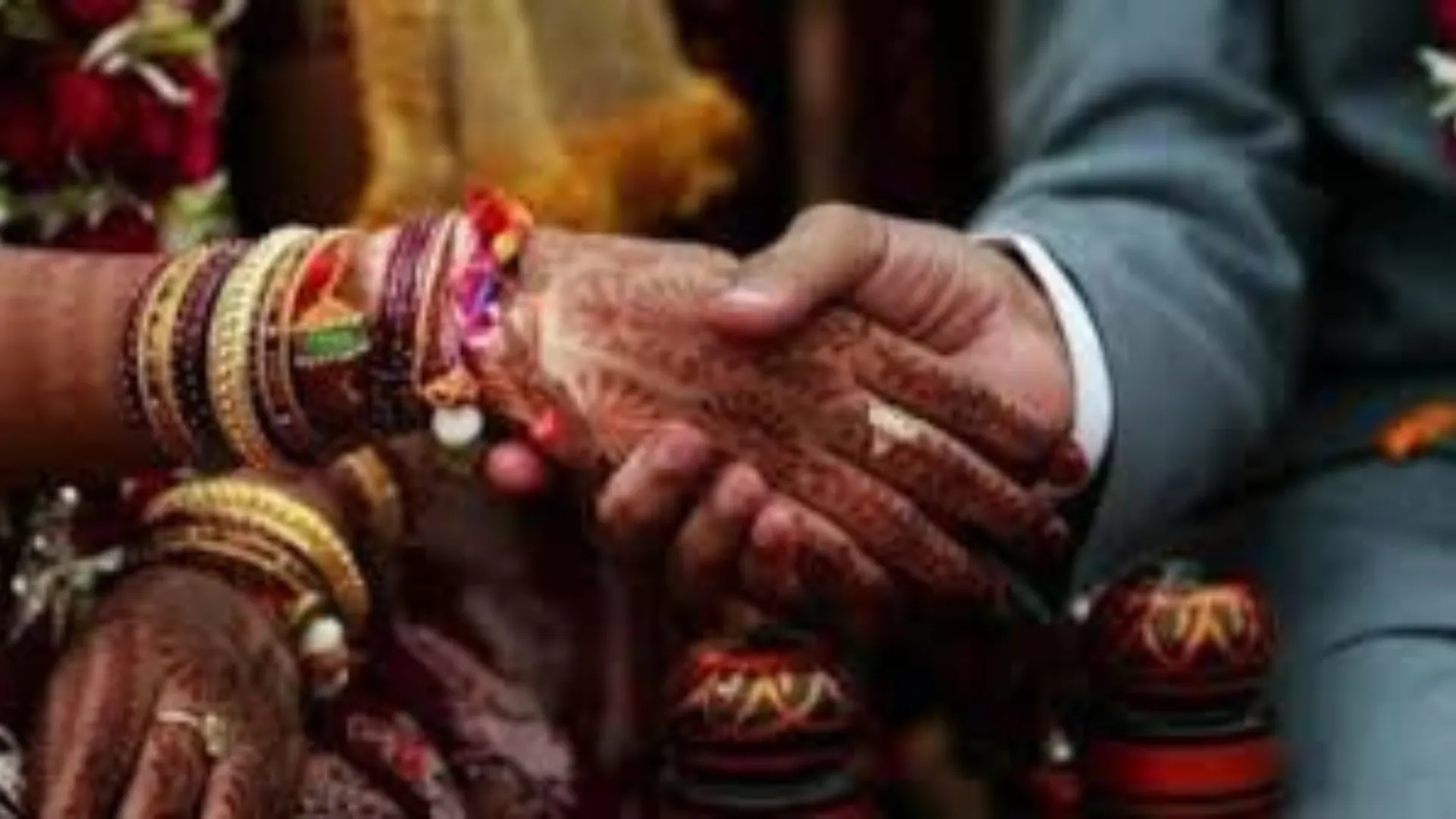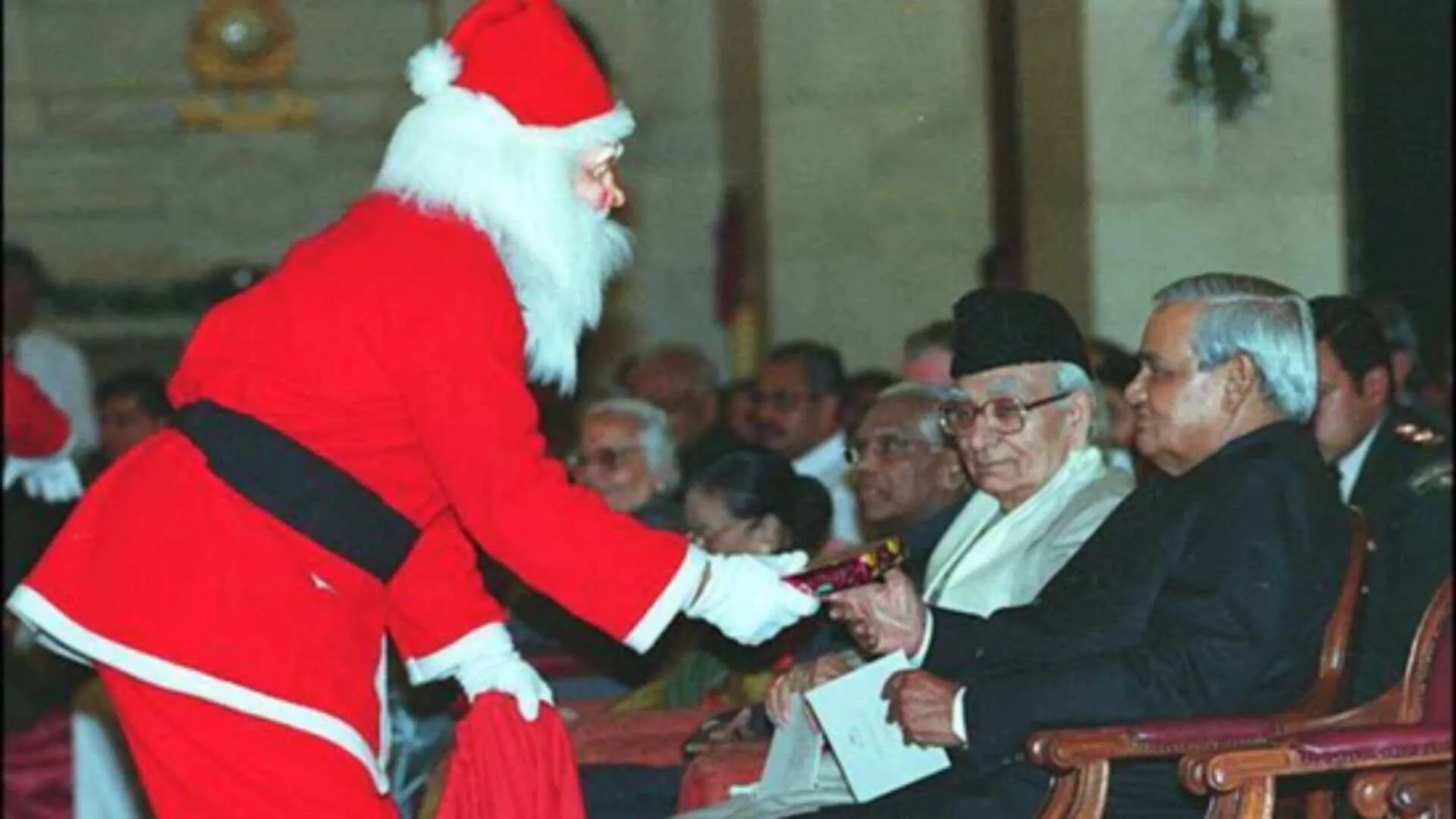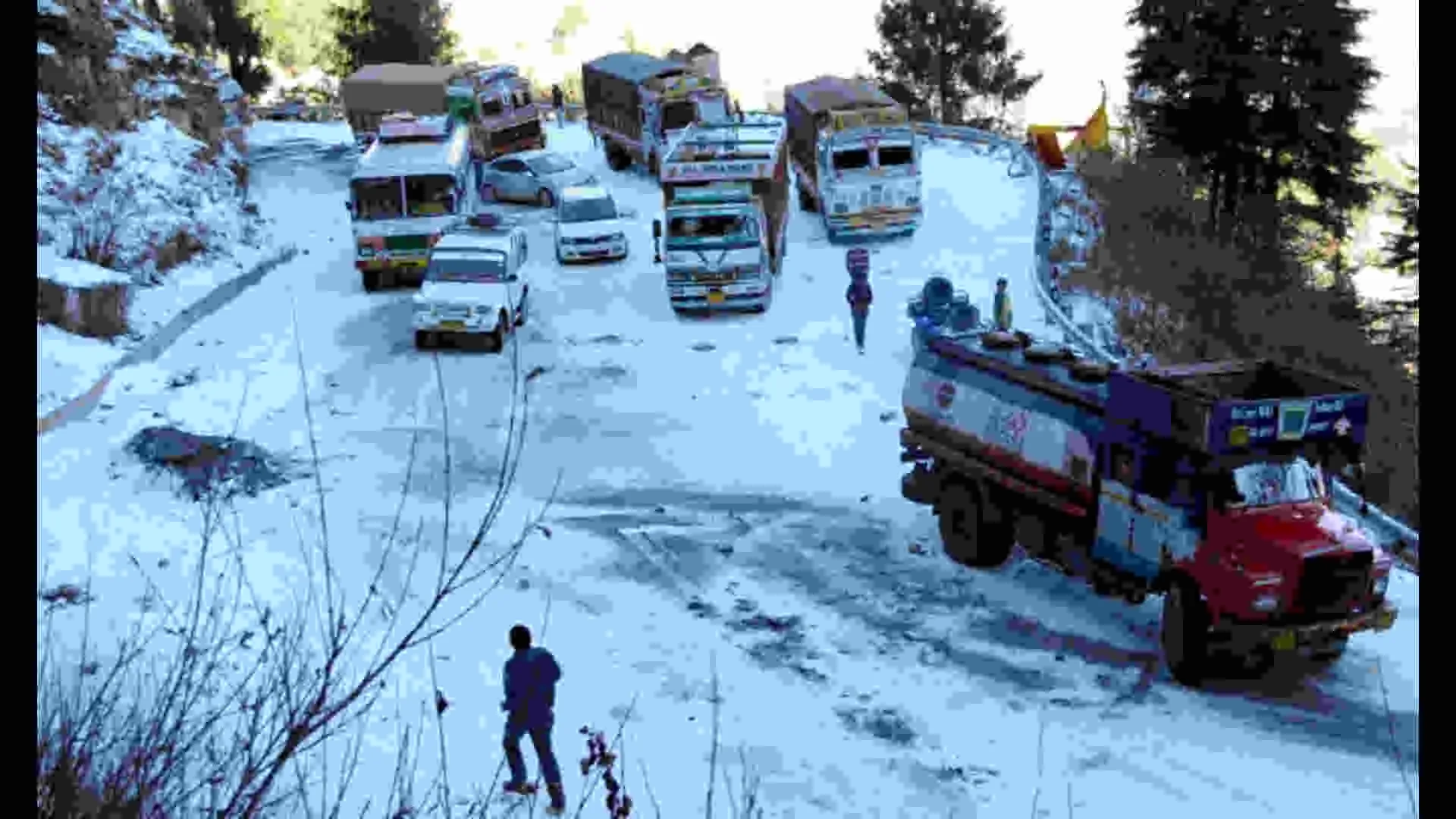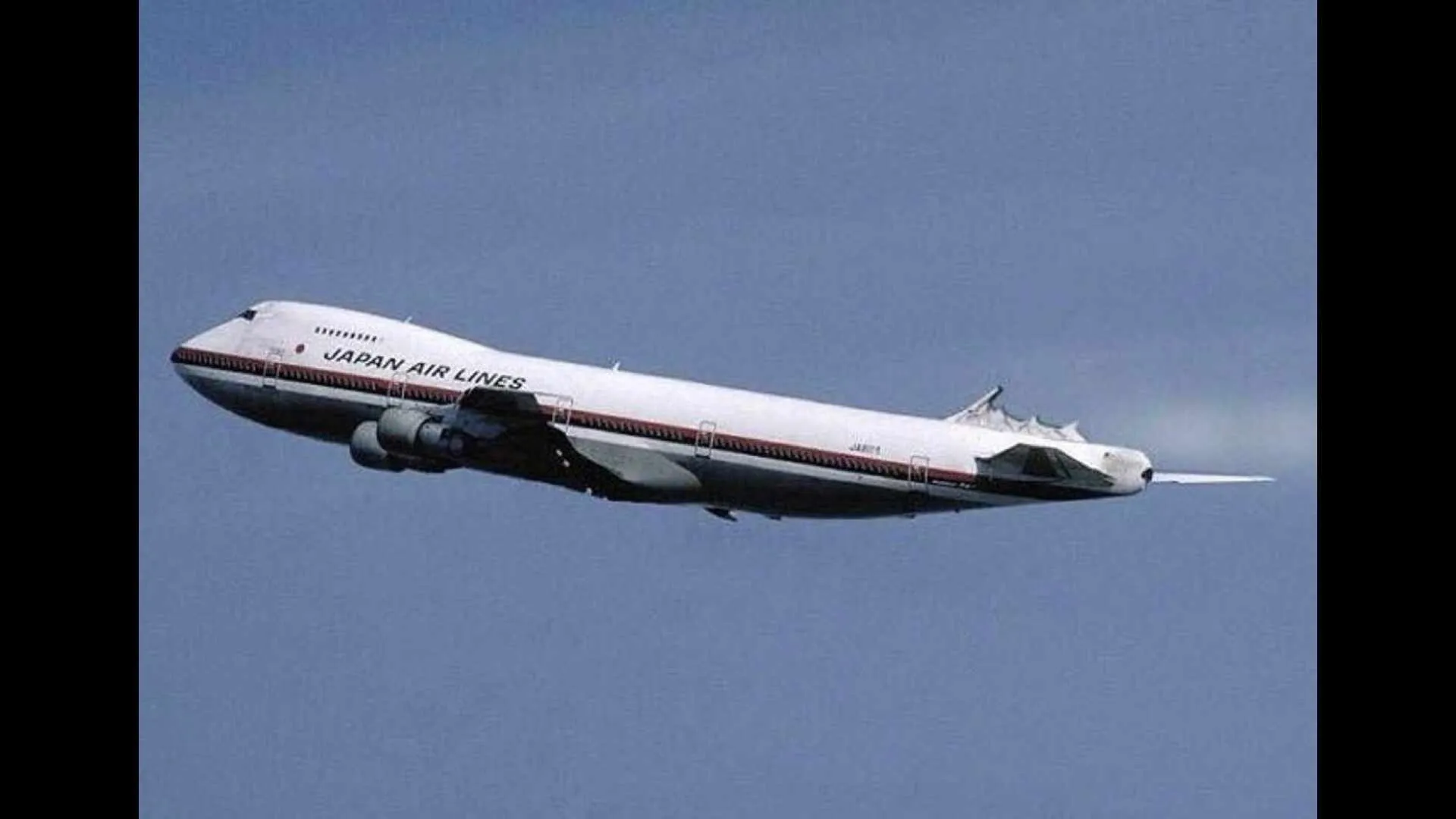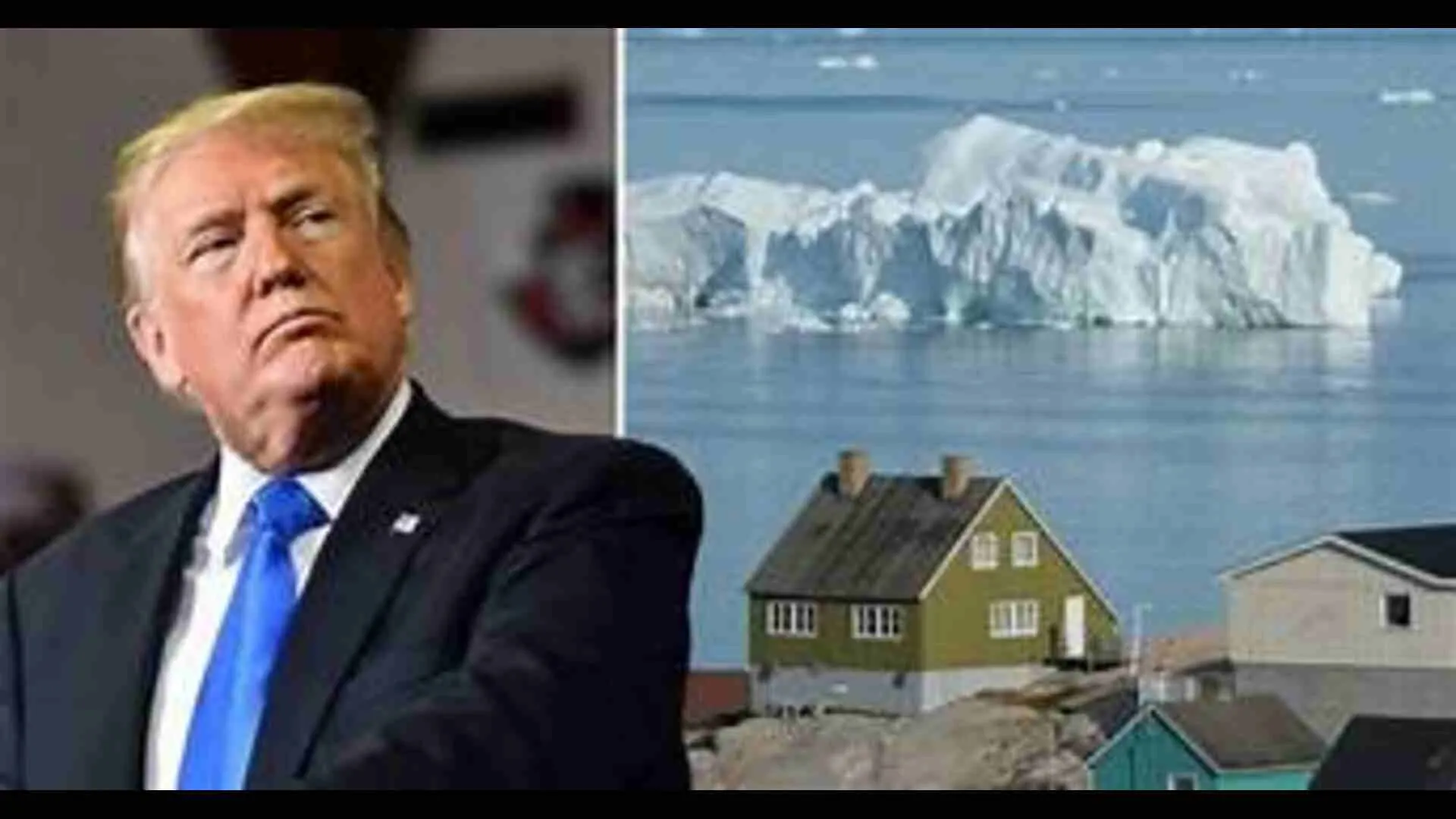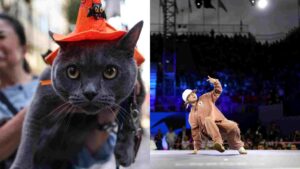Japan has unveiled its nominations for the 2024 buzzword of the year, highlighting the trends and key conversations that shaped the nation in 2024. The winning buzzword, along with the top 10 contenders, will be revealed on December 2 during the U-Can Shingo Ryukogo Taisho competition, organized by the publishing house Jiyukokuminsha, as reported by The Japan Times.
Among the 30 nominated words, several are linked to the 2024 Paris Olympics, underscoring the event’s impact on Japanese culture. For instance, “Bureikin” (breaking) refers to breakdancing, a sport introduced at the Olympics this year, with Japan’s Ami Yuasa making history as the first woman to win a gold medal in the discipline. However, the Olympics also sparked controversy, such as the backlash faced by Australian breaker Rachael ‘Raygun’ Gunn, whose performance and attire ignited a storm of criticism on social media.
Other notable Olympic-related words include “Meigen ga nokosenakatta” (“I could’ve said something more quotable”), a frustrated remark by javelin thrower Haruka Kitaguchi after winning gold, and “Yabai, kakkoyosugiru, ore” (“Whoa, I have too much rizz”) from wheelchair tennis player Tokito Oda, who won a Paralympic gold. Japan’s equestrian team, who brought home the country’s first medal in the sport since 1932, called themselves “Shoro Japan” or “past middle-aged Japan,” highlighting the team’s average age of 41.5 years.
The list also includes “50:50,” referring to Shohei Ohtani’s historic achievement of hitting 50 home runs and stealing 50 bases in a single season.
Several political events also dominated the buzzword conversation. The “uragane mondai” or “slush fund scandal” emerged after revelations that the ruling Liberal Democratic Party misappropriated campaign funds, leading to the resignation of its leader, Fumio Kishida. The controversy continued to resonate as Japan headed to the polls later in the year. “Kasuhara” or “customer harassment” also gained traction after Tokyo passed an ordinance to protect service workers.
Additional words on the list include “Shin shihei” or “new banknotes,” following Japan’s introduction of redesigned currency on July 3, and “Shin NISA,” an abbreviation for the new Nippon Individual Savings Account, launched on January 1 to encourage investment over traditional savings.
Social media trends made their mark with terms like “Neko Meme” (cat meme), “BeReal,” the French app promoting unfiltered self-portraits, and “Kaiwai,” which refers to local interest-based groups. The phrase “Konbini Fujisan” or “Mount Fuji convenience store” became widely used after locals in Fujikawaguchiko voiced frustration over the behavior of tourists crowding a Lawson convenience store near the iconic Mt. Fuji photo spot.
Food-related buzzwords also saw recognition. “Asai Bouru” refers to the resurgence of açaí bowls in Japan, while “Inbaundon,” a blend of “inbound” and “don” (rice bowl), describes a fine-dining version of the popular Japanese dish featuring expensive seafood.
Other nominated terms include “Reiwa no kome sōdō” (rice riots in the Reiwa Era), which refers to the rice shortage experienced by Japanese supermarkets during the summer, as well as “Tokuryū” (quasi-gangsters), referring to makeshift crime groups, and “Howaito Anken” (white job), a euphemism for illegal part-time work.
Noteworthy mentions also include “Hidankyo,” named after the Japanese group of atomic bomb survivors, who won the Nobel Peace Prize in 2024, and “Nankai Torafu Jishin Rinji Joho,” referencing Japan’s first-ever megaquake alert following a 7.1-magnitude earthquake off the coast of Miyazaki Prefecture in August.

